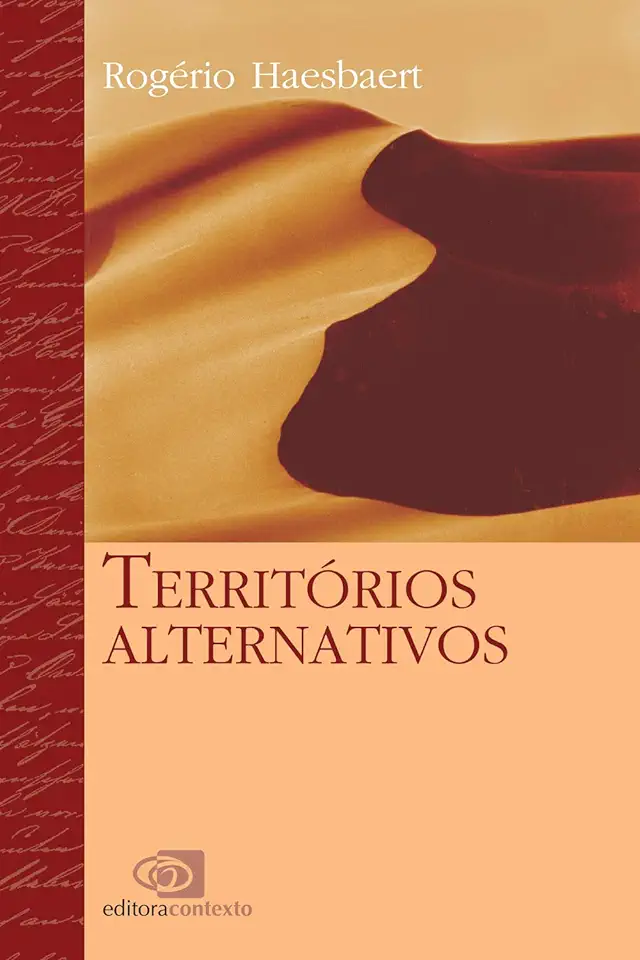
Alternative Territories - Rogério Haesbaert
Alternative Territories: Spaces, Mobilities, and the Politics of Difference
Introduction: Rethinking Territory
In a world increasingly marked by globalization, migration, and the rise of digital technologies, the concept of territory has become more complex and contested than ever before. In his groundbreaking book, Alternative Territories: Spaces, Mobilities, and the Politics of Difference, Rogério Haesbaert challenges traditional notions of territory and offers a new framework for understanding the spatial dimensions of social and political life.
Key Concepts:
1. Territory as a Social Construct:
Haesbaert argues that territory is not a fixed or natural entity, but rather a social construct that is constantly being negotiated and contested. Territories are produced through the interactions of individuals and groups, and they are shaped by power relations, social norms, and cultural practices.
2. Mobilities and the Remaking of Territory:
In the contemporary world, mobilities of people, goods, and information are transforming the ways in which territories are experienced and understood. Haesbaert explores how mobilities challenge traditional notions of territorial boundaries and create new forms of spatial connectivity.
3. The Politics of Difference and Alternative Territories:
Haesbaert argues that the politics of difference play a crucial role in the production of alternative territories. He examines how marginalized groups and social movements use space to assert their identities and challenge dominant power structures.
Key Themes:
1. The Spatial Turn in Social Theory:
Haesbaert's work is part of a broader "spatial turn" in social theory, which emphasizes the importance of space and place in understanding social and political processes. He draws on a wide range of disciplines, including geography, sociology, anthropology, and political science, to develop a comprehensive understanding of territory.
2. Globalization and the Rescaling of Territory:
Haesbaert explores how globalization has led to the rescaling of territory, with new forms of spatial organization emerging at the global, regional, and local levels. He argues that globalization does not necessarily lead to the homogenization of space, but rather to the emergence of new forms of territorial differentiation.
3. Identity, Difference, and the Politics of Space:
Haesbaert examines how identity and difference are constructed and contested in relation to space. He argues that space is not simply a neutral backdrop for social interaction, but rather an active force that shapes identities and social relations.
Conclusion: Towards a New Understanding of Territory
In Alternative Territories, Rogério Haesbaert offers a provocative and insightful analysis of the changing nature of territory in the contemporary world. His work challenges traditional notions of territory and provides a new framework for understanding the spatial dimensions of social and political life. Alternative Territories is a must-read for anyone interested in geography, sociology, political science, or the study of globalization.
Why You Should Read This Book:
- Gain a deeper understanding of the complex and contested nature of territory in the contemporary world.
- Explore the ways in which mobilities are transforming the ways in which territories are experienced and understood.
- Learn about the politics of difference and how marginalized groups use space to assert their identities and challenge dominant power structures.
- Engage with a wide range of disciplines, including geography, sociology, anthropology, and political science, to develop a comprehensive understanding of territory.
- Discover new insights into the spatial dimensions of social and political life.
Enjoyed the summary? Discover all the details and take your reading to the next level — [click here to view the book on Amazon!]